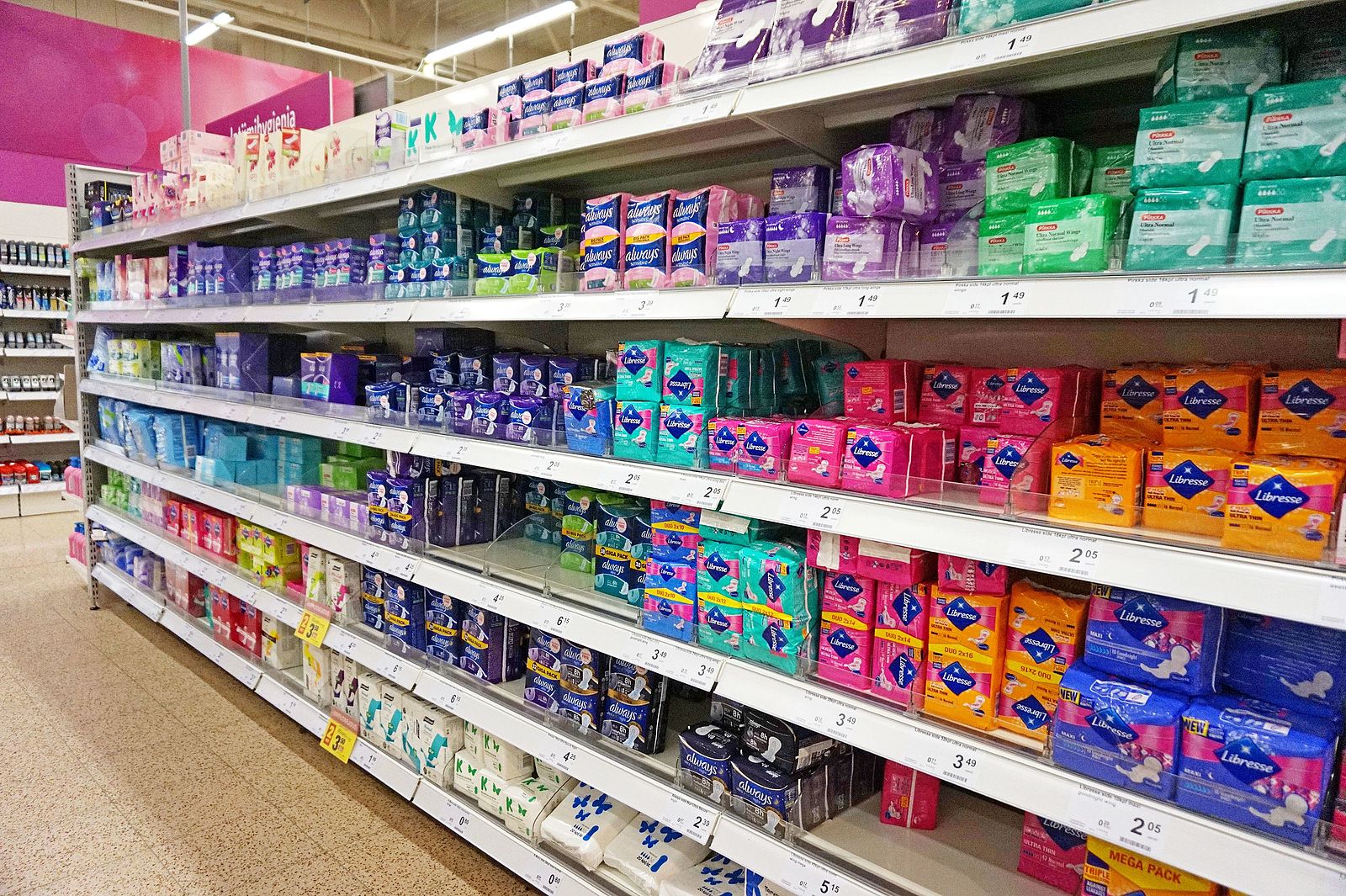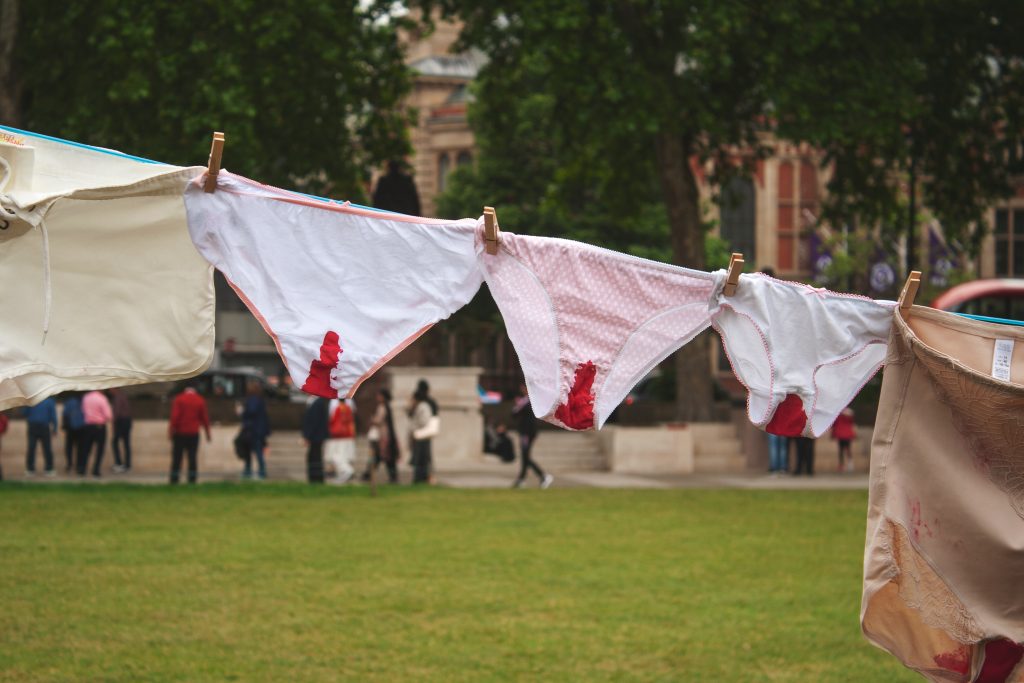A global fund has been launched by the UK today in a bid to end period poverty by 2030.
Two million pounds of UK aid will be given to charities tackling period poverty globally, as well as a kickstarter fund of £250,000 to be used by a task force that will develop a solution to tackling period poverty in the UK.
The fund was launched by Minister for Women and Equalities, Penny Mordaunt, ahead of International Women’s Day.
In a statement, Mordaunt said that the fund will help empower young women around the world.
“Empowerment starts when you are young. Girls should be able to focus on their education and their future without being worried about or embarrassed by their periods,” she said.
Period poverty is real and is happening all around the world including here in the UK and it needs to be addressed.
Ruby Raut, the CEO and Co-Founder of WUKA
No Access To Sanitary Products
It is estimated that nearly half of all women and girls living in developing countries do not have access to sanitary products, and substitute pads and tampons for rags, grass and paper.
In South Sudan, a survey of school girls found that 83 per cent used old cloths, goatskin or nothing at all during menstruation.
Limited access to appropriate products means that girls often feel too ashamed to go to school. In some parts of the world getting a period signifies readiness for marriage and childbearing, meaning that many young women drop out of education, get married and have children during their teenage years.
This is a global issue. Without education, women and girls around the world won’t be able to take the steps to reach their true potential.
Penny Mordaunt, Minister for Women and Equalities
In India, a quarter of girls miss school because of menstruation and only 12 per cent have access to sanitary pads.
“This is a global issue. Without education, women and girls around the world won’t be able to take the steps to reach their true potential,” Mordaunt said.
Period Poverty In The UK
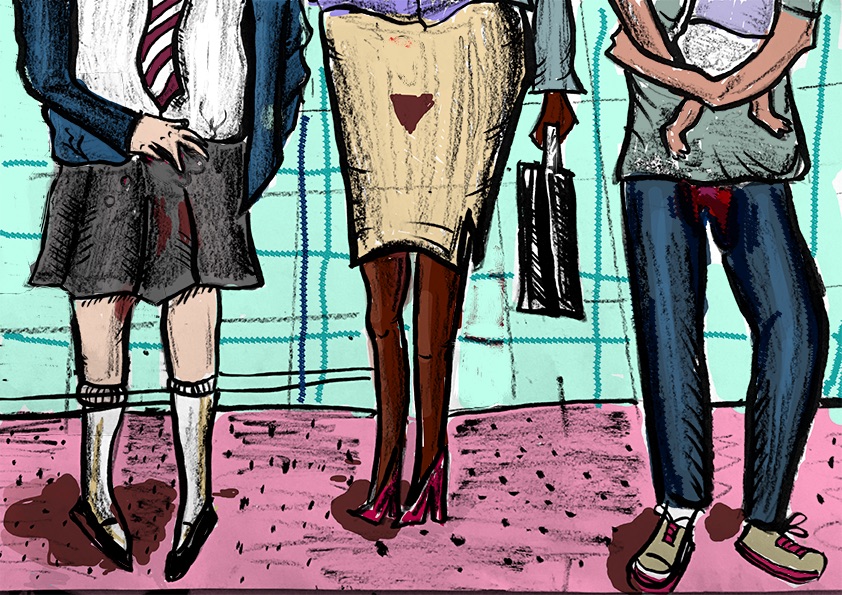
Credit: Skye Baker
In 2017, a RightsInfo investigation found that almost 5,900 women were getting their sanitary products from charities, food banks and homeless shelters.
Only 90 out of 500 charities responded to our request for the data, so the real number is likely to be much larger.
Making period products available in schools, colleges and universities is a simple, yet crucial step that can be taken almost immediately if the Government truly wanted to help.
Pam Scobbie, Founder of Bloody Big Brunch
Ruby Raut, the CEO and Co-Founder of WUKA, an eco-friendly period product, explained that “being smart and investing in sustainable solutions” was the only way to permanently end period poverty.
“Period poverty is a huge issue for those girls and women from low-income families or who are homeless. Girls and women are left with very little choices and end up using dirty items of clothing, inserting plastic or overusing a pad or tampon which is unhygienic and a huge health problem for women.
“Period poverty is real and is happening all around the world including here in the UK and it needs to be addressed,” Raut said.
Urgent Clarification Needed
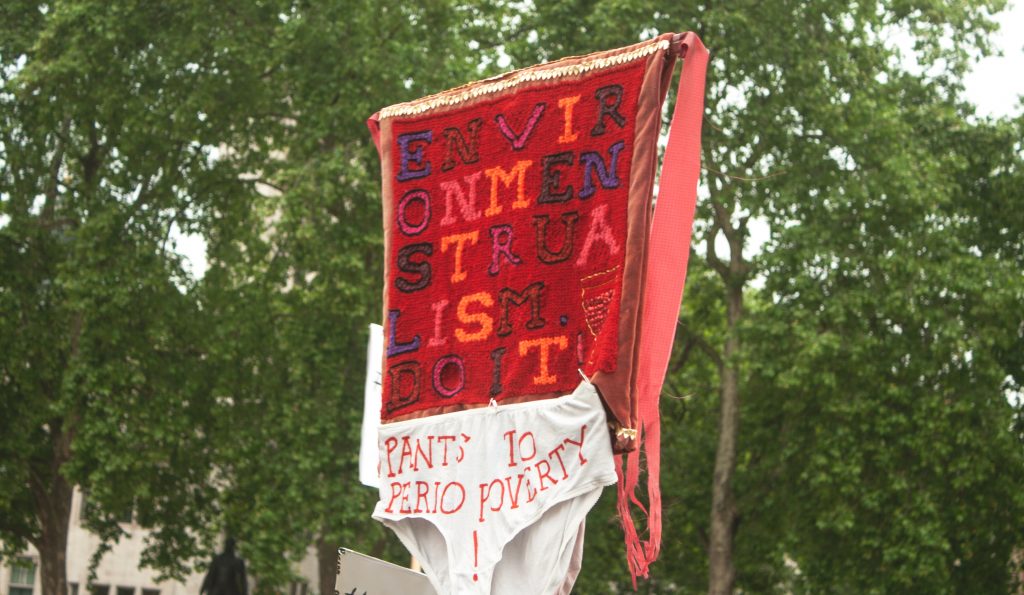
Credit: Nas Ebiere
Some campaigners feel there needs to be clarity on where the money from the fund will go and urged for quicker action.
“We feel this is a step in the right direction however we need clarity on the UK task force and their plans.
We would hope for more urgent, immediate change from the UK government to match the type of action that has taken place in Scotland,” said Mikaela McKinley, a spokesperson for On The Ball, who campaign for period products to be provided at football grounds.
Working towards 2030 for an international solution, means that another full generation of women and girls will continue to suffer period poverty in the UK.
Pam Scobbie, Founder of Bloody Big Brunch
Pam Scobbie the founder of the Bloody Big Brunch, a period poverty campaign group, added that 2030 was too far away for a change.
“There is no excuse not to act now. Working towards 2030 for an international solution, means that another full generation of women and girls will continue to suffer period poverty in the UK, which is ridiculous,” Scobbie said.
“Westminster has blatantly ignored the problem for years, so their announcement of what’s essentially a talking shop just adds insult to injury – they are continuing to ignore the severity of the issue on home turf and they’re overly complicating the solution.”
Support From All Sides
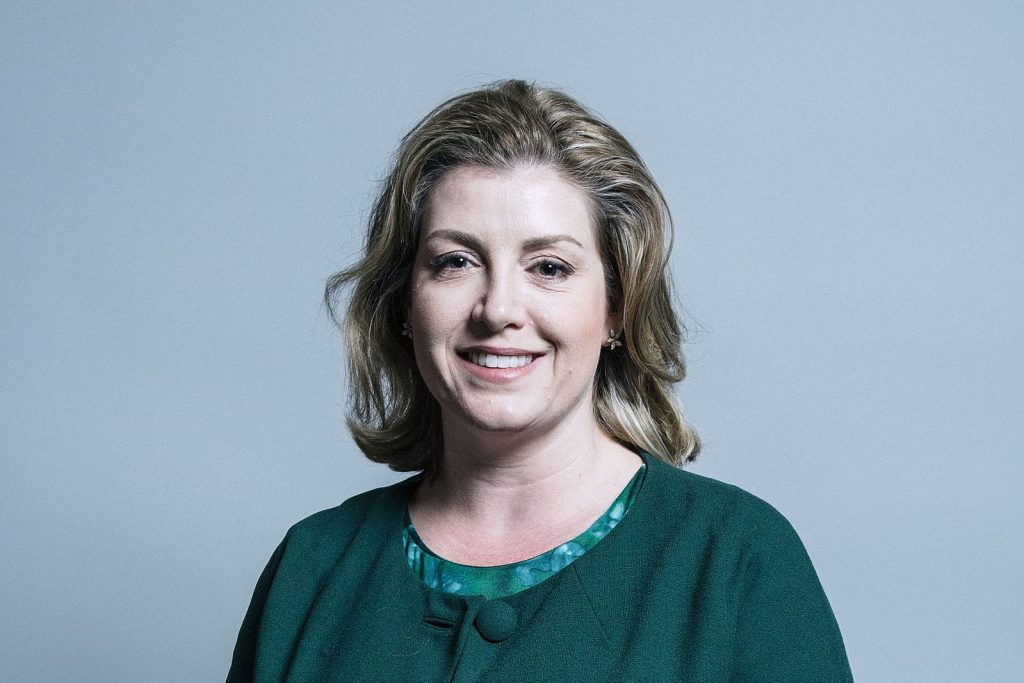
Penny Mordaunt. Credit: Wikimedia/Chris McAndrew
Celia Hodson, the founder of Hey Girls, a company that donates one pack of sanitary products for every pack bought, added that ending period poverty required commitment from all people in the industry and in politics.
“With the high percentage of women and girls currently struggling to access menstrual products, I’m confident that this initiative will receive cross-sector support and should be widely supported by cross-party members,” she said.
This is a global issue. Without education, women and girls around the world won’t be able to take the steps to reach their true potential.
Penny Mordaunt, Minister for Women and Equalities
The fund is part of a wider initiative by Mordaunt, who is also the Secretary of State for International Development, to economically empower all women.
In February, the MP put £500,000 in a fund to help vulnerable women who have experienced homelessness, domestic violence or substance abuse issues to return to work.
The full initiative will officially be launched in Spring to help vulnerable girls get better autonomy through economic empowerment.

